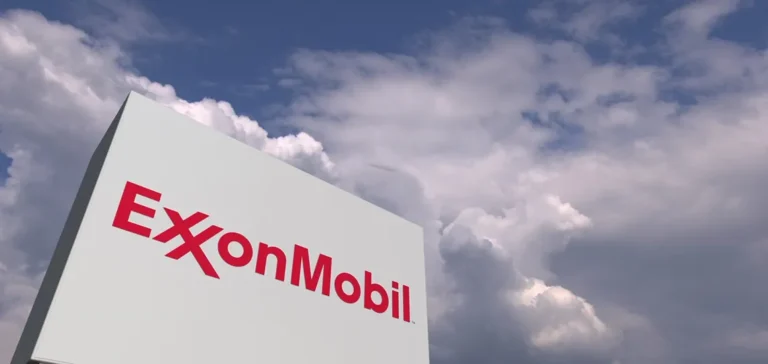ExxonMobil reported weaker financial results for the second quarter, mainly due to declining oil and natural gas prices on international markets. Revenue stood at $81.50bn, down 12.4% compared to the same period last year. Net profit reached $7.08bn, a decrease of 23.4%, while still exceeding analyst expectations, who anticipated net profit of $6.79bn. Earnings per share, excluding exceptional items, amounted to $1.64.
Strengthening financial discipline and operational strategy
The upstream segment (exploration and extraction) recorded its second-best quarterly performance since the Exxon and Mobil merger over twenty-five years ago. ExxonMobil has continued its cost reduction strategy, with cumulative cuts of $13.5bn since 2019, aiming for a total of $18bn by 2030. Six out of ten planned internal transformation projects have already been launched, with the ambition to improve operating profit by more than $3bn from 2026, at constant exchange rates.
Active capital management and strategic operations
During the quarter, ExxonMobil generated $11.5bn in operating cash flow, with cumulative free cash flow reaching $5.4bn. The company delivered substantial returns to shareholders, distributing $9.2bn, including $4.3bn in dividends and $5bn through share buybacks. The annual budget for this buyback programme remains set at $20bn, underlining the strategic priority given to capital appreciation for shareholders.
Integration and acquisition in the oil sector
ExxonMobil states that it has bought back about 40% of the shares issued as part of the acquisition of Pioneer Natural Resources, a deal valued at $63bn in shares and including the assumption of $5bn in debt. This integration strengthens the group’s presence in the North American shale oil market and is part of its sector consolidation strategy. Management highlights operational efficiency and strict capital management as key areas for the coming periods.






















